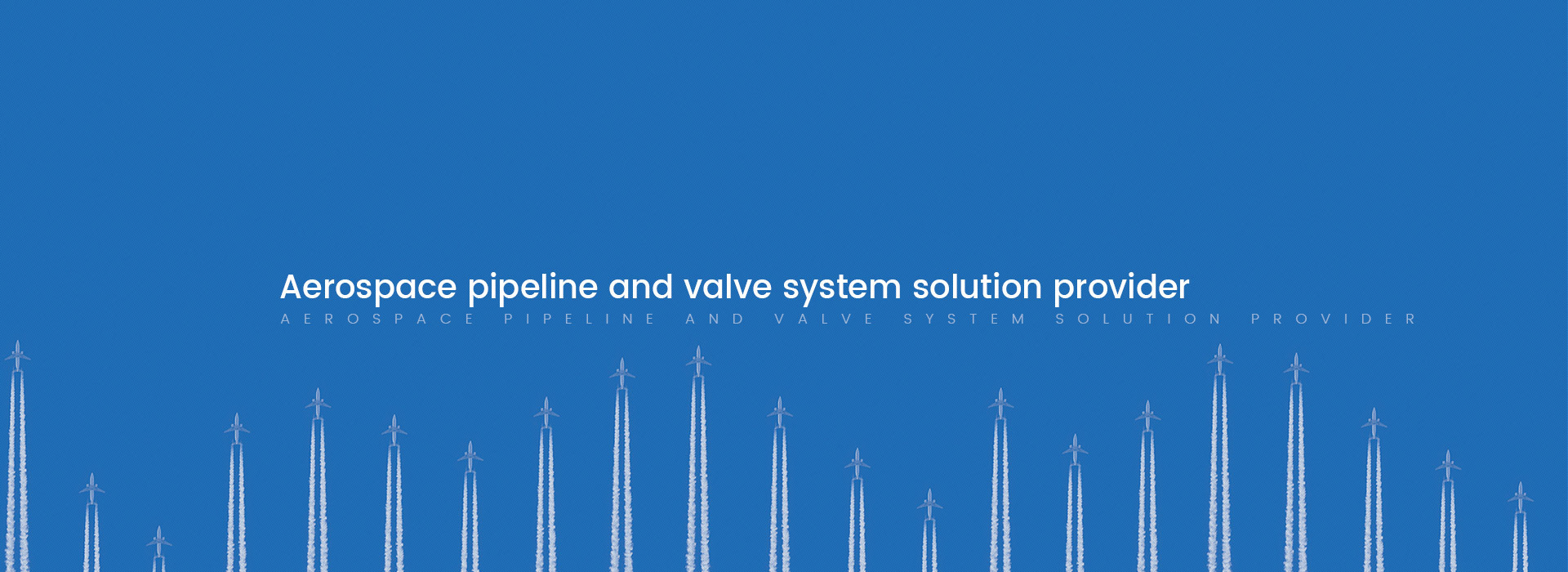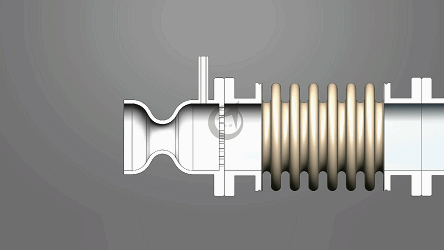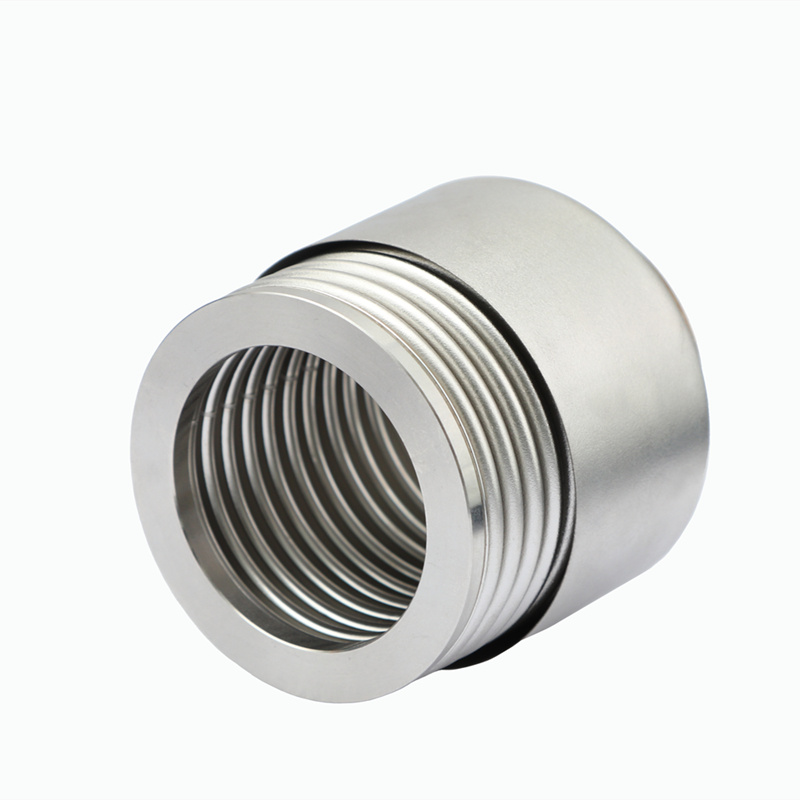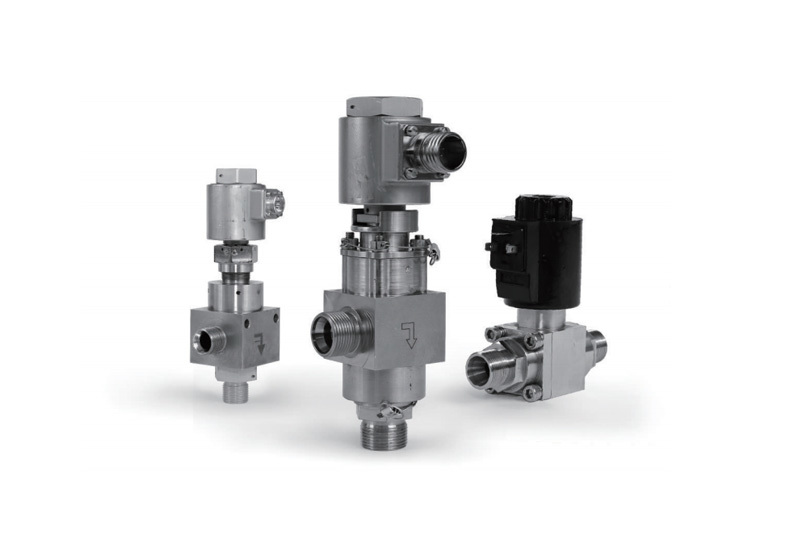The role and importance of pipeline compensators
Release time:
2025-04-24
In modern industrial production and urban infrastructure construction, piping systems play a vital role. However, due to factors such as temperature changes, vibrations, and settlement, pipelines often deform and displace during operation. To absorb these deformations and displacements and protect the piping system from stress concentration, pipe compensators are used.
In modern industrial production and urban infrastructure construction, piping systems play a vital role. However, due to factors such as temperature changes, vibrations, and settlement, pipelines often deform and displace during operation. To absorb these deformations and displacements and protect the piping system from stress concentration, pipe compensators have emerged.
I. The Role and Importance of Pipe Compensators
Pipe compensators, also known as pipe expansion joints or expansion joints, are special pipe fittings. Their main function is to compensate for the deformation and displacement of pipelines caused by temperature changes, vibrations, and settlement, ensuring the safe and stable operation of the piping system. In a piping system, if effective compensation measures are lacking, the pipeline may rupture due to stress concentration, leading to production interruptions, environmental pollution, or even safety accidents.
II. Classification and Characteristics of Pipe Compensators
According to their working principle and structural characteristics, pipe compensators can be divided into various types. Common ones include natural compensators, square compensators, bellows compensators, and sleeve compensators.
Natural compensators: such as L-shaped and Z-shaped compensators, are curved pipe sections naturally formed during process layout. They do not require additional installation and can absorb part of the pipeline's thermal expansion through their own geometric shape. However, natural compensators have limited compensation capacity and may produce lateral displacement, so they may not meet the requirements in some cases.
Square compensators: consist of four 90° bends, forming a square structure. Square compensators have advantages such as large compensation capacity, easy use and maintenance, but they are large in size, occupy a large area, and have a relatively complex structure.
Bellows compensators: utilize the elastic element of the bellows to expand and contract to absorb the thermal expansion of the pipeline. Bellows compensators have advantages such as compact structure, light weight, and large displacement compensation, and are widely used in gas pipelines. However, their pipe walls are thin and have low strength, and cannot withstand torsion and vibration, so care should be taken during construction.
Sleeve compensators: made of cast iron or steel, absorb thermal expansion through the pulling and pushing of the cylinder core. Sleeve compensators have advantages such as small volume and large compensation capacity, but the structure is difficult to make very tight, and frequent maintenance and replacement of packing are required.
III. Selection and Installation of Pipe Compensators
When selecting pipe compensators, factors such as pipe material, medium properties, temperature change range, installation space limitations, economy, and maintenance convenience should be considered comprehensively. For example, for high-temperature or corrosive media, compensators with better temperature resistance and corrosion resistance should be selected; for situations with limited installation space, compensators with compact structures and small space occupancy should be selected.
When installing pipe compensators, it should be done strictly according to the construction drawings and specifications. Different types of compensators have different installation methods and precautions. For example, square compensators need to be pre-stretched or pre-compressed before installation; bellows compensators need to be positioned according to the compensation zero-point temperature during installation.
Pipe compensators, as important components in piping systems, are of great significance in ensuring the safe and stable operation of piping systems. When selecting and installing pipe compensators, various factors should be fully considered to ensure that the compensators can fully play their role.

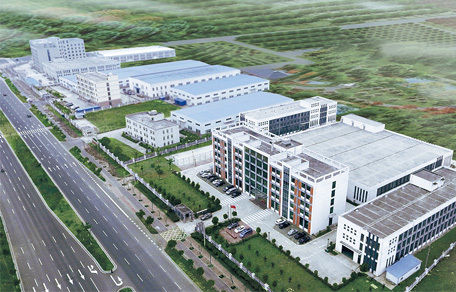
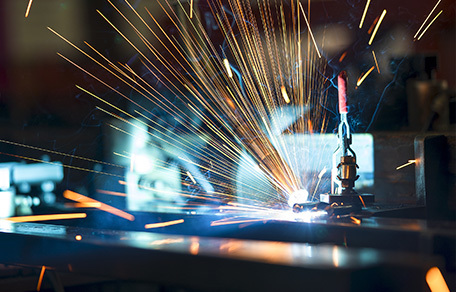


 中文版
中文版